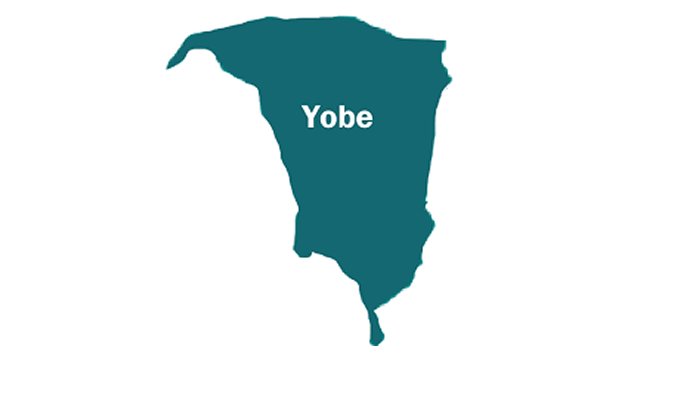
As usual, March 8 marks another round of International Women’s Day. Our folks are celebrating successful women like Ngozi Okonja-Iweala, Amina Muhammad, Hadiza Bala Usman, Layla Ali Othman, Maryam Shetty and their likes. But to me, it meant something different. For it is an opportunity to take a deep sigh, look at what took those successful women to where they got today and share the untold story of my unschooled sisters in Yobe State in order to understand the deficit between the duo. Wherever you see a successful woman, please ask her what makes her so? She will definitely, unhesitatingly inform you that it was a ‘qualitative education’.
It is well known that, after the assumption of office, Yobe State Governor, His Excellency Mai Mala Buni, declared a state of emergency in education.
From all indications, the governor had insights into how dilapidated the sector was. On that day, I jovially celebrated that his administration would be committed to the educational sector so that my growing brothers and sisters could enjoy the sweetness of being in school. But sadly, my dream is on its way to being proven wrong.
The educational officials pledged that they would put total attention to the sector and, paradoxically, claimed a better education as their watchword. But unfortunately, the education sector is today swinging between the diameter of little or no development at all.
Development in the Yobe educational sector can never be achieved when one gender is biassed against during the distribution of knowledge. Despite the huge and stampeding population of female children within the state, they are given no priority toward acquiring their constitutional right to education and one can vividly attest this by taking a deep look at the number of female-only schools compared to that of their counterpart gender. Here in Potiskum Local Government Area, I know of only a single state-owned school—a boarding school—for girls only while boys have about five state-owned boys-only senior secondary schools.
One of the contributory factors in the declining enrollment of girls in schools is the stereotype notion in the mind of our community, especially our older parents, that arbour Western education. They are completely not in harmony with sending their girl-children to boarding schools, with the belief that they (the girls) are likely to become wayward if sent to school.
It has been a long time menace in Yobe State such that if a family is not well-to-do, the girls in that family may not be able to acquire basic education (a minimum of Senior School Certificate Examination) and if you want them to acquire some form of qualitative education, you will be left with no option than to enrol them in private schools.
I experience that in a lower-class community like ours, six girls in every ten are married off in their teenage years (between the ages of 15-17) due to the inability of their parents to meet up and pay their school fees. Alas, that is the only choice they had in hand.
Those whose parents cannot afford the expenses of marrying off would end up hawking table water, kola nuts and groundnuts.
This increases their vulnerability to prostitution and other social immorality.
Today the number of teenage sex workers is increasing rapidly. While the reckless government is showing no concern for the situation of the girl child that would-be mothers due to early pregnancies.
The threat of early prostitution has no simple and absolute solution other than the provision of basic education for all.
If we continued on this way, do you think our sisters would grow up and compete with their mates around the world? Or they will take off magically and substitute these prolific women? Definitely, the answer must be no.
On this, I would like to call on Governor Buni to direct the educational appeal fund towards uplifting and giving an enabling environment that could reduce the number of out of school girls roaming the streets.
Happy 2022 International Women’s Day.
- Ali Tijjani Hassan writes from Potiskum in Yobe State
Copyright PUNCH.
All rights reserved. This material, and other digital content on this website, may not be reproduced, published, broadcast, rewritten or redistributed in whole or in part without prior express written permission from PUNCH.
Contact: [email protected]





